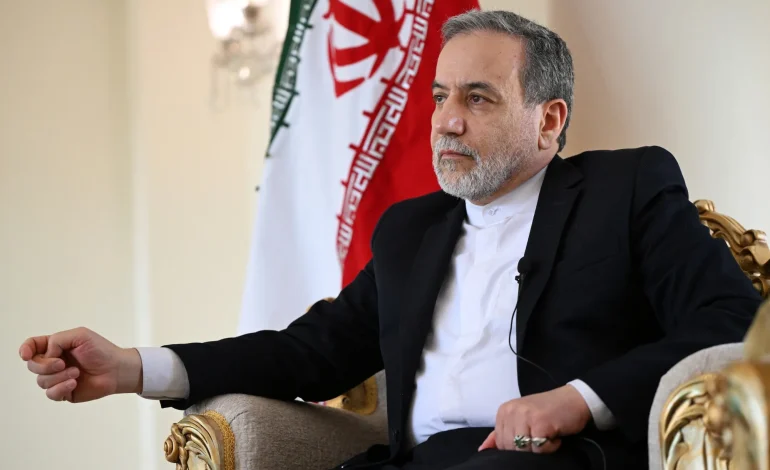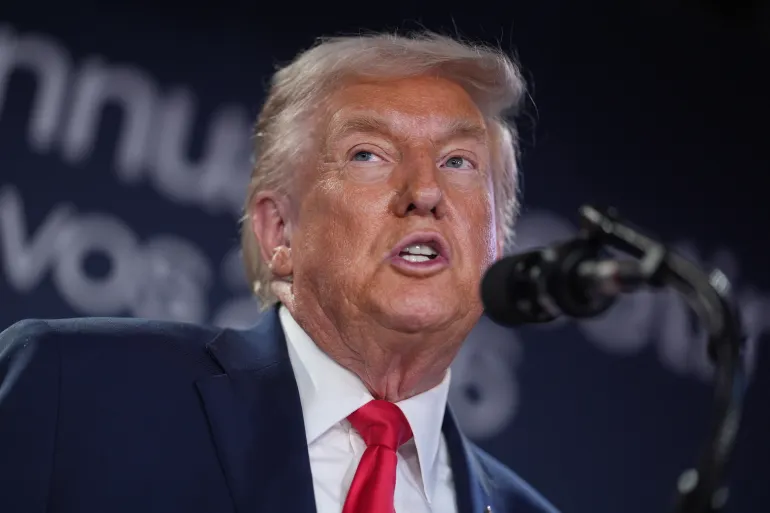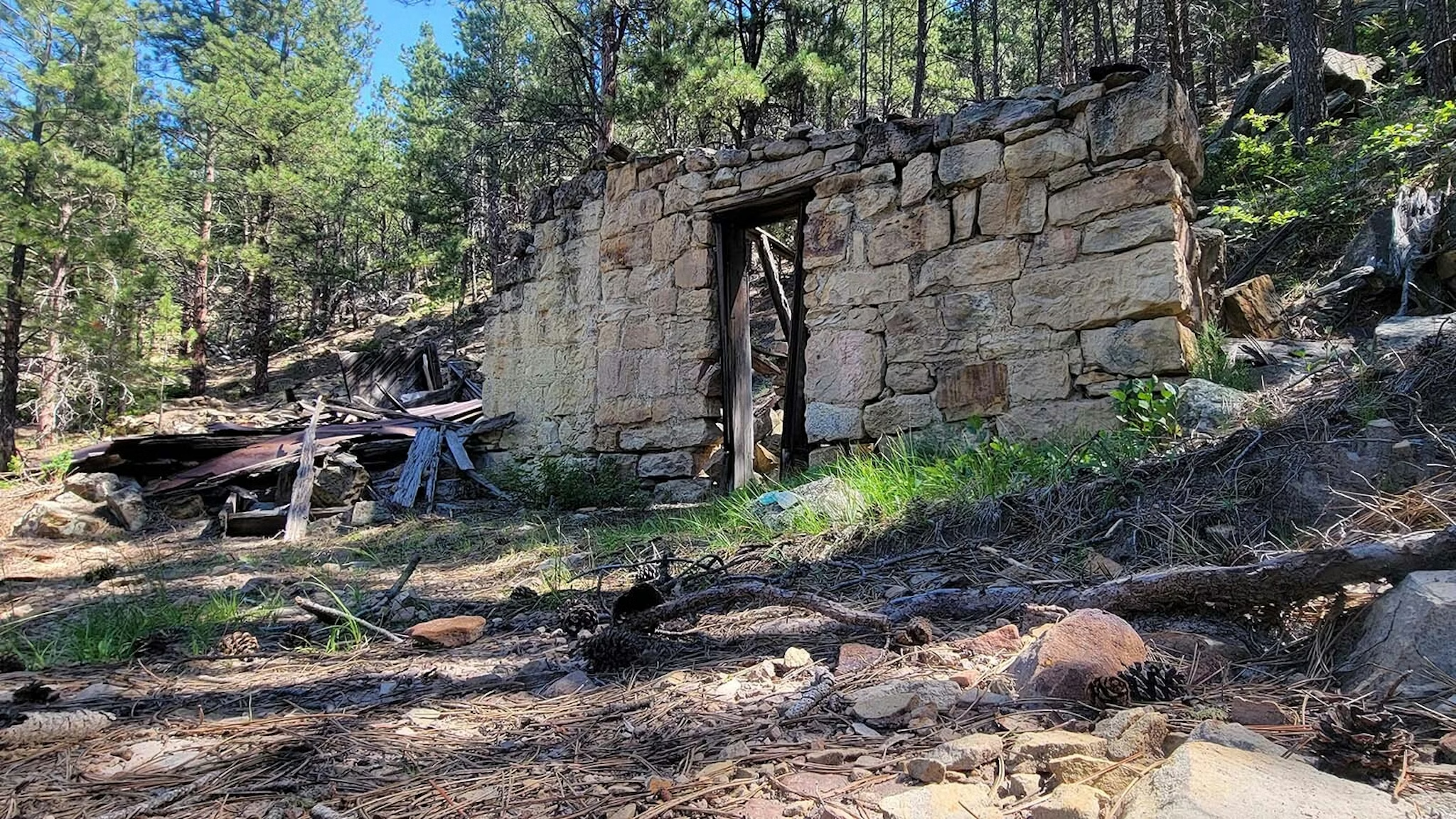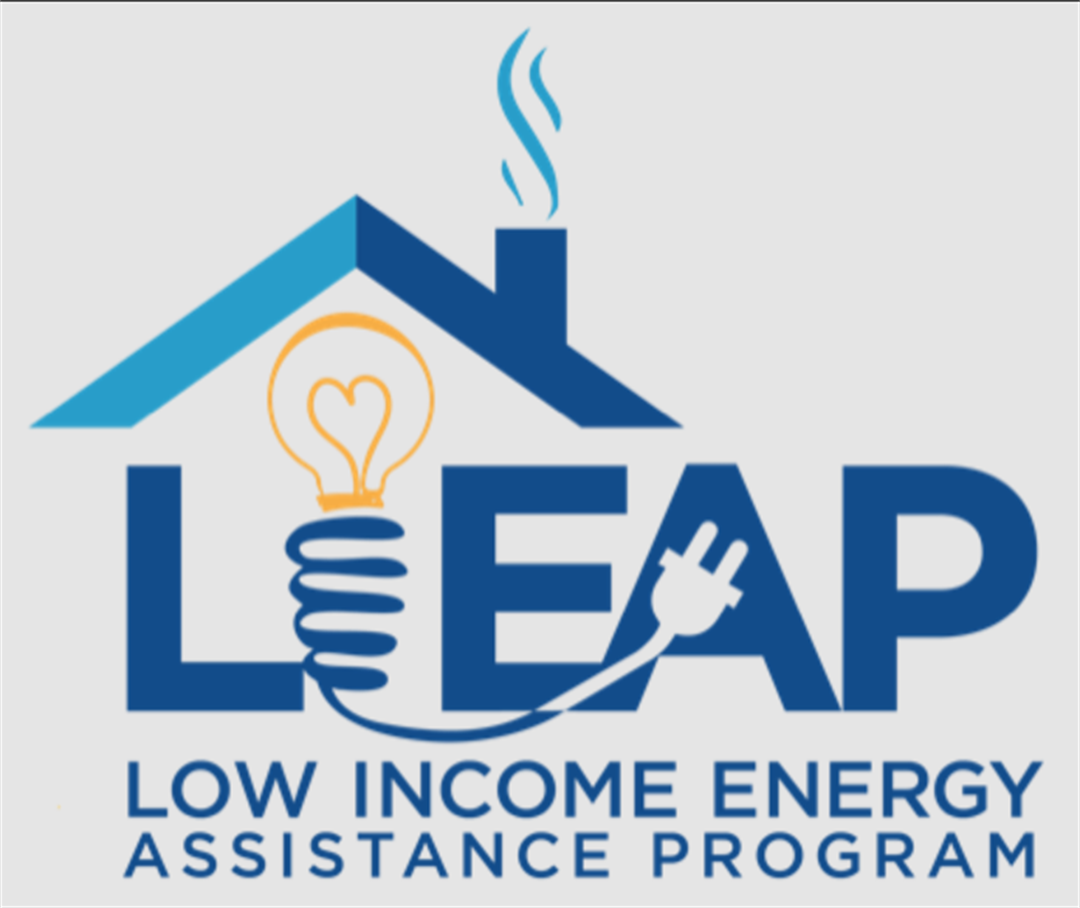Iran Rejects US Negotiations on Uranium Enrichment, Casting Doubt on Nuclear Deal Progress

Iran has stated it will not negotiate with the United States regarding its uranium enrichment capabilities, raising concerns about the progress of ongoing diplomatic efforts to resolve the long-standing nuclear standoff, Bloomberg reports.
Iranian Foreign Minister Abbas Araghchi expressed uncertainty following initial talks with US envoy Steve Witkoff in Oman last Saturday, which both sides had previously described as constructive. He cited contradictory positions from Witkoff as a point of concern, stating that further dialogue is needed to clarify the US stance. A follow-up meeting is scheduled for April 19.
“We need to hear their views in the negotiation sessions,” Araghchi said. “If they continue to present conflicting and contradictory positions, things will be difficult.”
The talks, mediated by the Omani government, aim to achieve an agreement guaranteeing Iran will not develop nuclear weapons in exchange for the lifting of economic sanctions. This issue remains a highly contentious one, bringing the two nations close to direct confrontation during the Trump administration.
Witkoff’s initial remarks following the Oman meeting suggested Iran must adhere to a 3.67% uranium enrichment limit, a level suitable for power reactors but insufficient for weapons development. Iran previously agreed to this limit under the 2015 international accord, but subsequently exceeded it after the US withdrew from the agreement.
The US government subsequently appeared to walk back Witkoff’s comments, and he later revised his position on social media. “A deal with Iran will only be completed if it is a Trump deal. Any final arrangement must set a framework for peace, stability, and prosperity in the Middle East – meaning that Iran must stop and eliminate its nuclear enrichment and weaponization program,” Witkoff said.
Iran views its uranium enrichment capability as crucial for its long-term nuclear program, which includes power plants and the production of isotopes for medicine and industry. After the US reimposed sanctions, Iran gradually increased enrichment levels to 60%, a level considered technically close to weapons-grade by the International Atomic Energy Agency (IAEA).
IAEA Director General Rafael Mariano Grossi is currently visiting Iran to address an ongoing investigation into uranium particles found at undeclared locations. The resolution of this probe is expected to be pivotal in any potential agreement.
Iran has consistently maintained that its nuclear program is exclusively for civilian purposes and has stated its willingness to provide guarantees against weaponization.









The latest news in your social feeds
Subscribe to our social media platforms to stay tuned